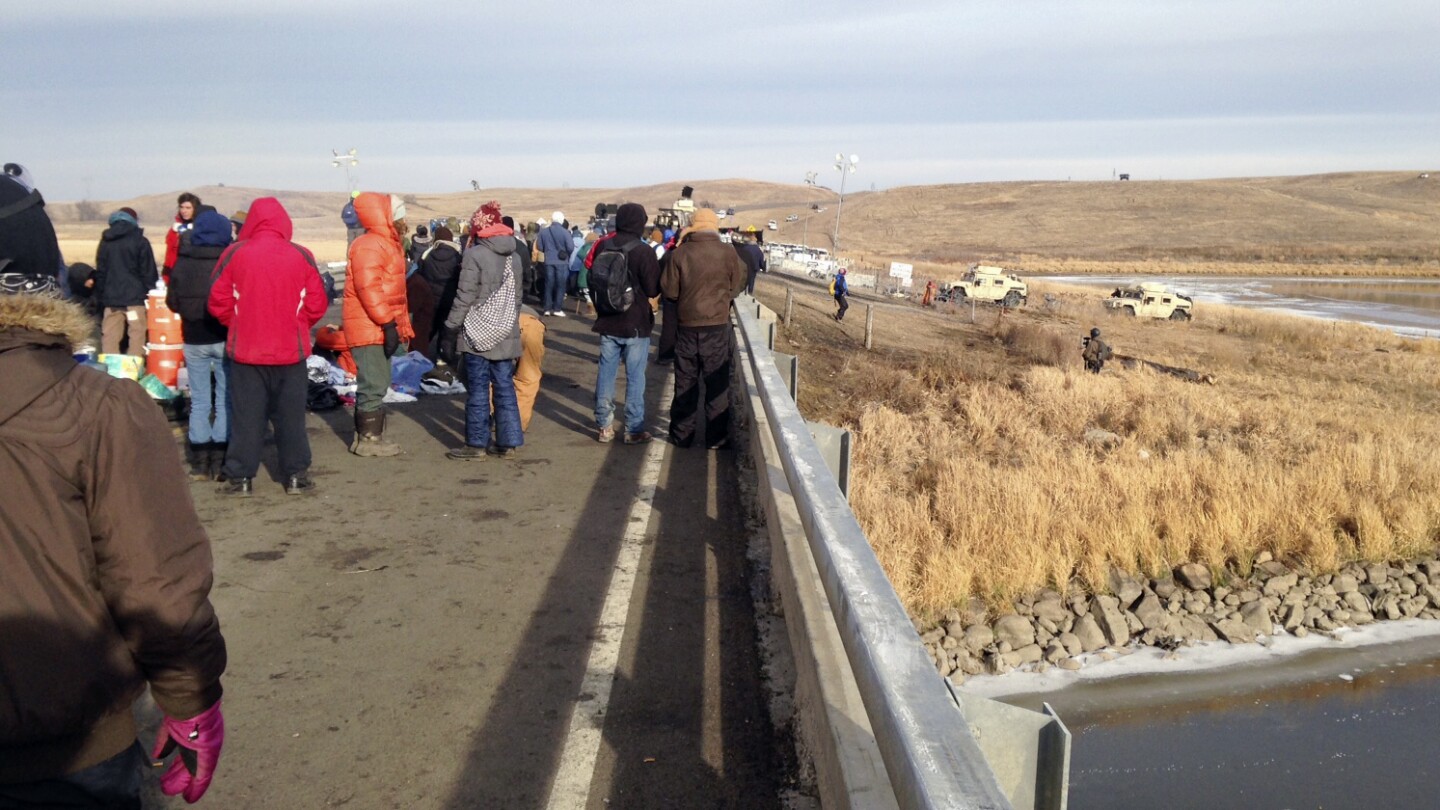Legal Battle Looms: Pipeline Giant's Lawsuit Puts Greenpeace's Survival on the Line

In a bold legal move, Energy Transfer Partners, a prominent Texas-based pipeline company, has launched a defamation lawsuit against environmental activist group Greenpeace. The legal action stems from a series of contentious protests and disruptions surrounding the controversial Dakota Access Pipeline project.
The lawsuit alleges that Greenpeace engaged in a systematic campaign of harassment, spreading what the company claims are false and damaging statements about its operations. Energy Transfer Partners argues that the organization's protests went beyond peaceful demonstration, causing significant economic and reputational damage to the company.
The Dakota Access Pipeline, which has been a flashpoint for environmental and indigenous rights activists, has sparked intense debate about energy infrastructure and environmental protection. Greenpeace has been at the forefront of opposition to the pipeline, arguing that it poses serious environmental risks and threatens sacred Native American lands.
By taking legal action, Energy Transfer Partners is sending a clear message about its determination to defend its interests and challenge what it perceives as harmful activist tactics. The lawsuit highlights the ongoing tension between energy development and environmental advocacy in the United States.
As the legal battle unfolds, both sides remain committed to their respective positions, with potentially significant implications for future environmental protests and pipeline projects.

